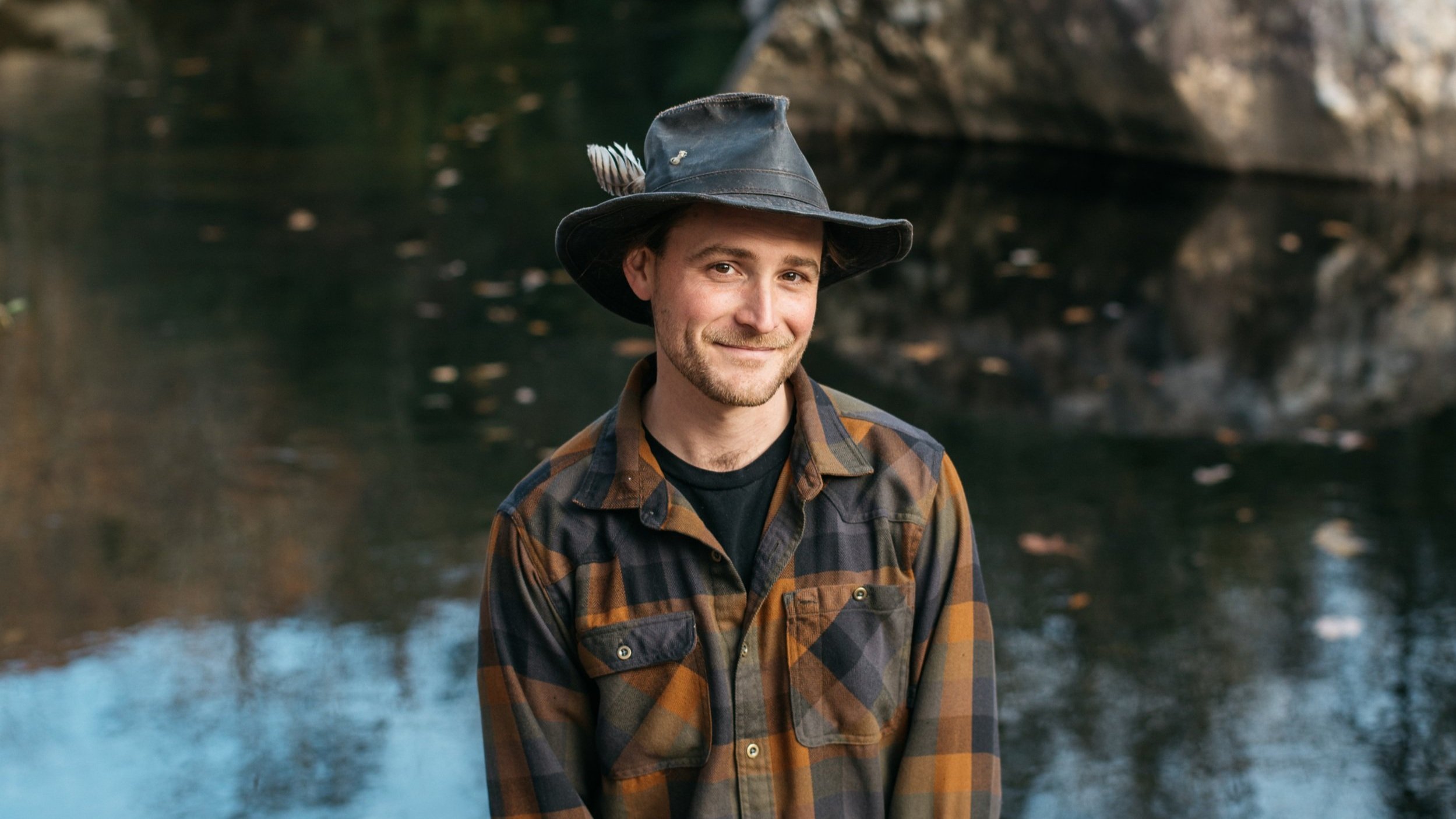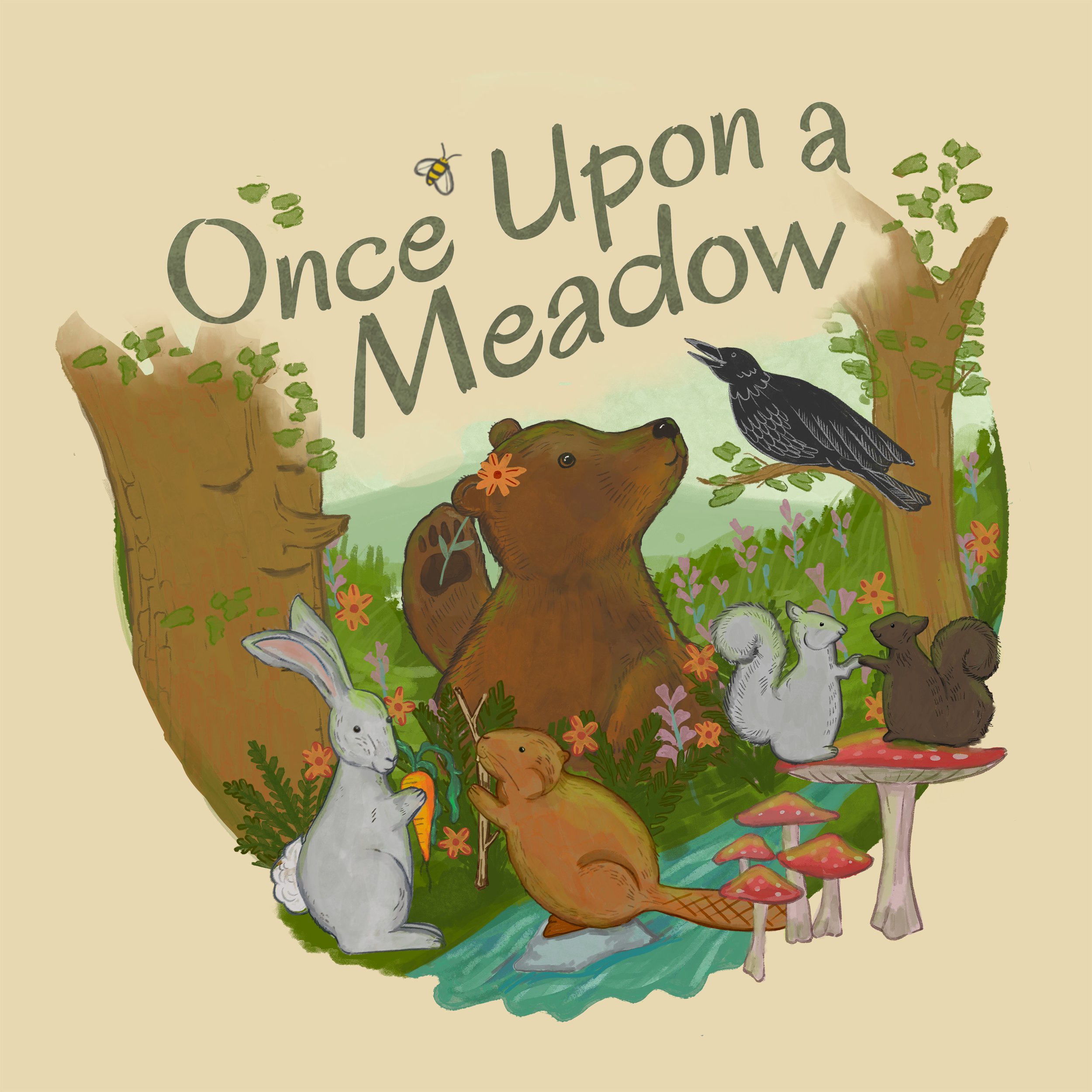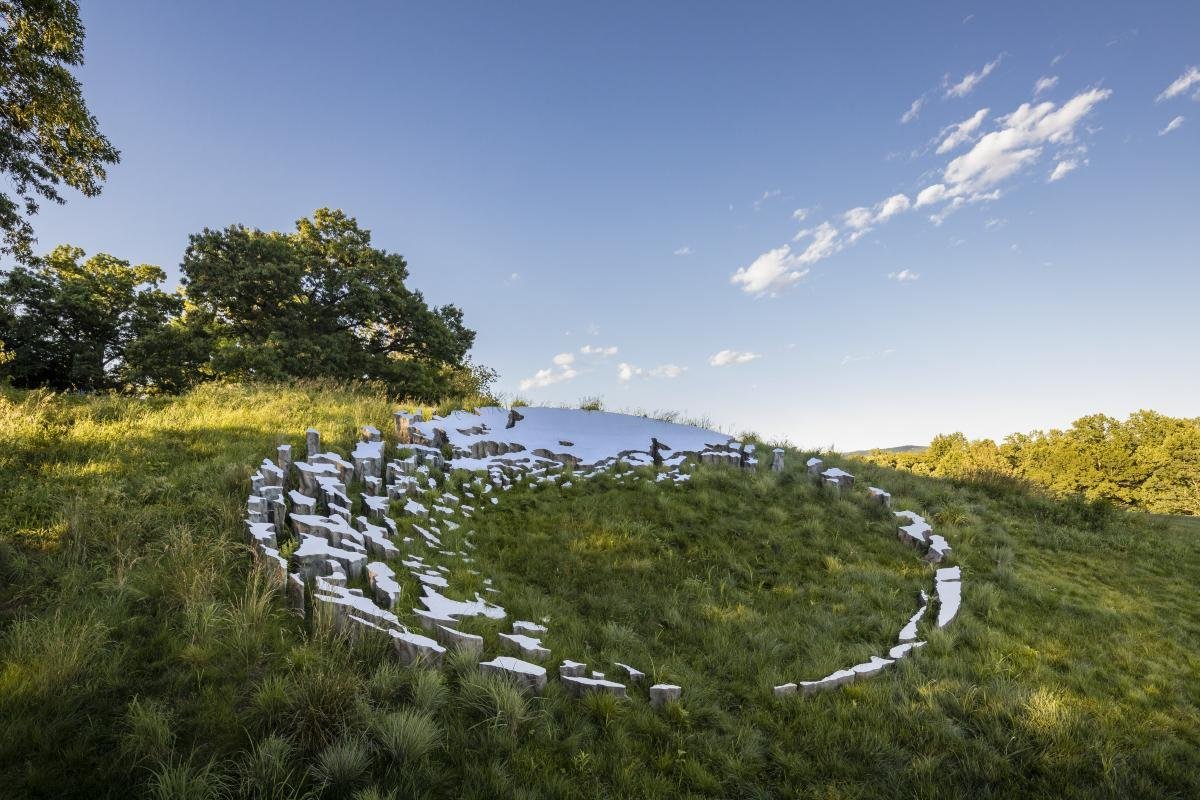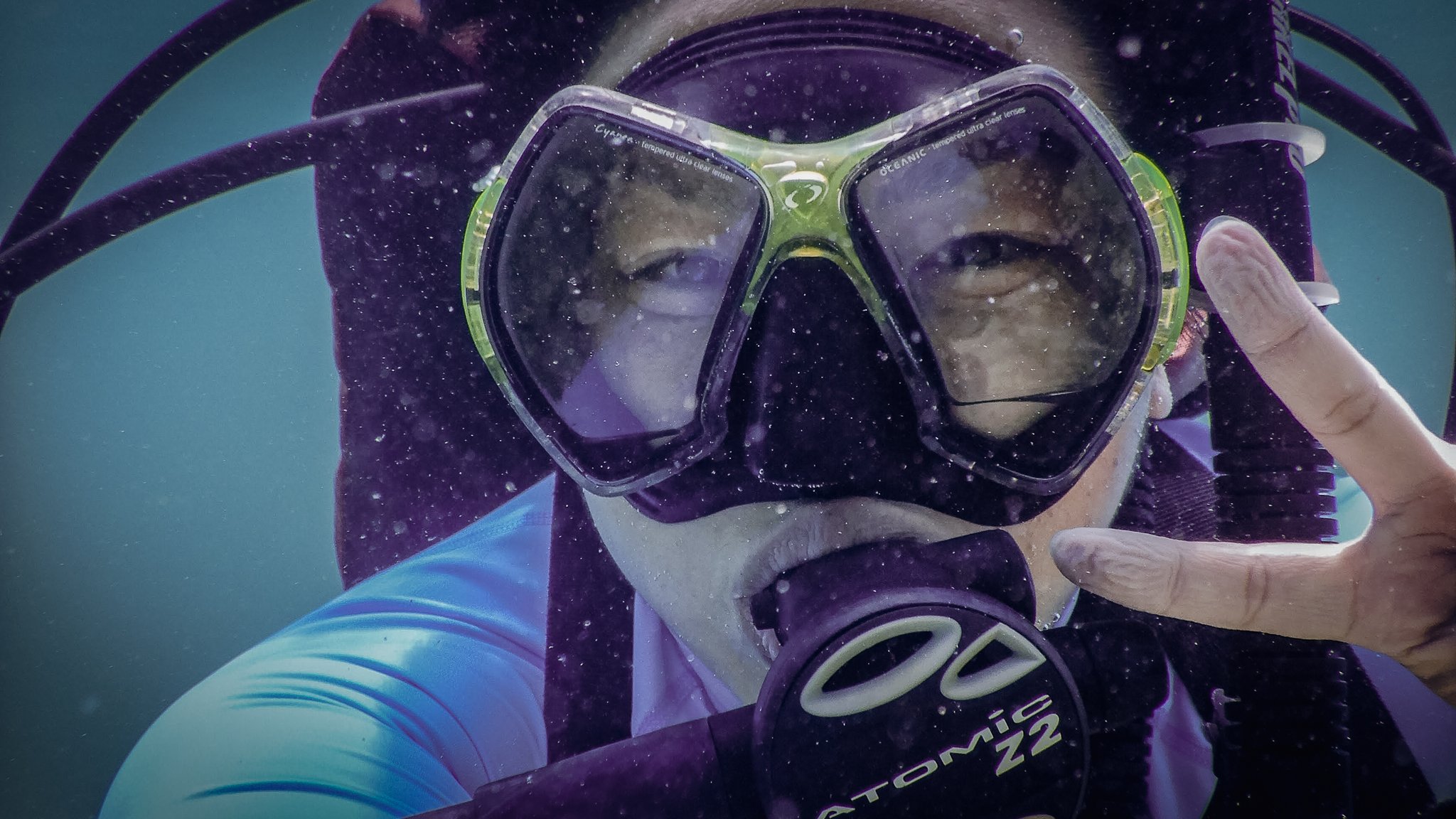Living Without Hope
/What if the problem you’re facing can’t be fixed?
Jacob ERickson (photo courtesy Jacob Erickson)
“Going outside is my church. ... Backpacking is my devotion.”
Season 4 // Episode 1
When someone is diagnosed with a terminal illness, there’s often a flood of difficult emotions. Grief. Depression. Learning to live without hope.
But more and more, people are experiencing that kind of anguish even when they’re perfectly healthy.
In this episode, we bring you the story of a young man named Jacob Erickson, who almost died from climate anxiety — before a pivotal moment in nature rekindled his will to live.
-
Welcome to Out There Podcast. Our stories are written for the ear, so for those able, we recommend listening while reading along. Transcripts may contain minor errors; please check the audio before quoting.
—
VOICEOVER: Hub and Spoke audio collective.
WILLOW BELDEN: Hi, I’m Willow Belden, and you’re listening to Out There, the podcast that explores big questions through intimate stories outdoors.
This season, we’re exploring the theme “Secrets of the Earth.” Each episode, we’re harnessing the power of nature to uncover new truths and help us understand our own humanity.
But before we get to that, I want to introduce you to someone.
DENIS BULICHENKO: My name is Denis Bulichenko. And everything started in 2015 when I moved to Italy. And I moved from a relatively flat area, well, so the mountains were like really, really exciting thing for me. And I started to go hiking really, really often.
And also, I have a daughter. She was small back then. But she also was kind of really curious, asking me all the time, “What’s the name of that mountain?”
WILLOW: I think a lot of us have been in this situation. You’re out in the mountains. You see a peak off in the distance, it looks tantalizing. But you can’t figure out what it is.
So, what do you do?
Well, if you’re Denis, you create a new app.
The app he made is called PeakVisor, and they are the presenting sponsor for this season of Out There. PeakVisor is on a mission to help you make the most of your time in the mountains.
Check it out in the app store. You just might love it.
Jacob Erickson is a wilderness guide in western North Carolina. He takes people out in nature to do healing work — dealing with grief and that sort of thing. It’s a process he’s been going through himself for years.
Jacob’s been facing up to his own mortality since he was around 16. But the life-threatening situation he's reckoning isn't what you might think. He hasn't been diagnosed with cancer. He's not suffering from organ failure. He’s actually not sick with anything.
I'm going to let Heather Kitching pick up the story from here.
And trigger warning: This story discusses depression and suicidal ideation.
HEATHER KITCHING: To be honest, Jacob didn’t really didn't grow up around nature. He’s originally from Phoenix. It's like a concrete jungle built on a desert. And the small strip of lawn in his yard? Well, “lawn” was a generous word for it. It was more like a patch of dried up grass and dirt. He wasn’t even allowed to touch the bushes near the street because they were oleander. They were toxic.
Jacob was what you might call a sensitive kid, highly attuned to the world around him. He was like a sponge for information.
JACOB ERICKSON: I remember being like present watching the 2000 election between Bush and Al Gore, and asking my parents, “Why didn't Al Gore win? Because he won the popular vote.” And then they're like, “Jacob, you're like, seven. This is too big of a question for you.”
HEATHER: Notwithstanding Jacob’s rather unusual fascination with grown-up topics, he had a pretty typical childhood in a lot of ways. He had a sandbox in his yard. Got into video games and space aliens. Played on a soccer team for a while.
For Jacob, the first clue that something was wrong came when he was eight.
JACOB: I remember my dad waking me up in the morning, and he tells me, “Jacob, this is a day that will change your life for the rest of your life.
And I just was like, 'Oh my gosh, mom's dead.'
And I asked him, like, “Is mom dead?”
And he was like, “No, someone flew a plane into the Twin Towers.”
And I was like, “Where's the Twin Towers?” I had, like, no idea.
And he's like, “It's New York City.”
And I was just like, “Where's New York City?” Like it was just totally beyond my eight year old brain.
HEATHER: Jacob gets out of bed. Goes into the living room.
His mom and two sisters are watching TV. He starts watching with them.
And he sees those images that we've all seen a million times now. The north tower with a giant gash near the top. Smoke billowing into the air.
JACOB: I do remember this sense of like a shock wave hitting me, mixed with the feeling like the floor just dropped out underneath you. It was just like this sense of, that things aren't really safe.
HEATHER: This is the day that Jacob starts to notice symptoms of a disease that's not in his body, but in society. In his case, though, that disease will just about kill him, before he discovers what you might call “a natural remedy.”
After 9/11, Jacob wants to learn more about this “sickness” he perceives in the world. He watches Mississippi Burning. Reads about the civil rights movement.
And when he's 15, he goes to this leadership camp. It teaches young people about things like race riots, genocide against Indigenous peoples, the holocaust, Rwanda and Darfur.
He says it gives him a language for what ails the world – a diagnosis. Several actually: colonialism, xenophobia, white supremacy, antisemitism.
And it motivates him to start fighting them. He joins his high school social justice club. Gets involved in activism.
And then something happens that makes Jacob realize that the sickness is even worse than he imagined. He goes to Australia on this student ambassador program called “People to People.” He gets a chance to go snorkeling on the Great Barrier Reef. And what he sees shocks him.
JACOB: It's a graveyard. Everything's bleached.
HEATHER: There's nothing but miles and miles of pale white coral against a blue ocean. He sees, like, ONE fish — a big flat thing about four feet long. And a couple of sea cucumbers. And that's it.
JACOB: I mean, I was expecting a gorgeous mosaic of, like, Finding Nemo. Like, I thought I was gonna see like clownfish and starfish. And what I got was like, Hades underworld.
HEATHER: Jacob is totally taken aback by this.
JACOB: I was feeling like a pit in my stomach. I was feeling a certain amount of emptiness. This desire for you know, this underwater magical garden to be a mosaic of Van Gogh's paintbrush. And to see it dying and dead was a wake up call.
HEATHER: Jacob decides that he needs to take on another battle: saving the planet. What he doesn’t realize is that, on some level, the planet is also going to save him.
So, I should mention here: Jacob is a voracious reader. When I ask him questions, oftentimes his first instinct is often to quote a favorite author or cite an idea he read in a book somewhere. It can take a minute to get past that, to hear his feelings in his own words.
And when he gets back from Australia, he starts to read like crazy. Stuff about climate change and sustainability. Starting with the novel Ishmael by Daniel Quinn. You might’ve heard of it. It’s a work of fiction, but the message is that our current lifestyle is unsustainable.
Jacob says this is the point where he starts to slide into depression.
JACOB: Fear mind took over, where I was like, ‘Oh my god. Collapse is gonna happen. Like I need to get the hell out of the desert, and I need to get my family out of the desert too because, good God, like we're gonna run out of water.’
HEATHER: Jacob starts reading non-fiction books in a similar genre. Things like Endgame by Derrick Jensen and Collapse by Jared Diamond. Books that argue that humanity might be headed for a massive die-off.
When he gets to university, he starts looking up climate science in academic journals. He grows concerned that climate change could cross a threshold where feedback loops feed into each other and collapse the entire ecosystem, killing us all in the process. Or that the fall-outs from climate change, like food shortages and mass migration, could lead to social unrest and war, as humans destroy each other trying to compete for scarce resources.
And remember, Jacob lives in Arizona. He goes jogging on a dried up river bed. It's not hard for him to believe that life as we know it is on its last legs.
He says he started to become like Chicken Little, telling anyone who would listen that the sky was falling.
JACOB: I don't know how my mom and my sisters did it. But I would bring all this stuff to the dinner table. And I'd just be like, “Look at this, like, look at these statistics, like 300 species go extinct, like every week.”
And they're like, “Oh, wow, you're, you're like in a little too deep, Jacob. Like maybe you should, like, pull out,”
And I was like, “Are you kidding me? This is like, we all need to learn this.”
HEATHER: So, it’s possible you’re thinking it all sounds a bit extreme. But I think it's important to point out here that what Jacob fears is not out of the realm of possibility.
Just lately, scientists have been calling for more discussion about this.
The Centre for the Study of Existential Risk at Cambridge University published a paper last summer in the Proceedings of the National Academy of Sciences saying we need more research on a possible climate endgame.
Dr. Kristie Ebi is a coauthor of that paper. She's a professor at the Center for Health and the Global Environment at the University of Washington.
KRISTIE EBI: There is a possibility of a climate catastrophe.
HEATHER: According to Ebi and her coauthors, we could cross thresholds this century that led to mass extinction events in the past. They say climate change could trigger other catastrophes, like international conflict, or exacerbate the spread of infectious diseases. Or trigger system failures that unravel societies.
And that could all happen at even moderate levels of warming.
Jacob is not the only person who is consumed by fear over this. A study in The Lancet that found that 59 per cent of young people worldwide were either very or extremely worried about climate change. And 45 per cent of them said it’s affecting their daily life and functioning.
It was Dr. Derrick Sebree Jr. who told me about that study. He’s a core faculty member and the master's program director at the Michigan School of Psychology. He’s registered with the Climate Psychology Alliance as a climate-aware therapist. And he says climate grief can cause people to give up on life.
DERRICK SEBREE JR: I mean, it's a form of fatalism. Like, the idea of like, ‘Why would I go to university? The university I want to go to is in a place like California, where they might not be here, by then. So why would I even try to go there?’
HEATHER: You can see these fears reflected on online forums, too. There’s a massive community on Reddit for people who are concerned about social and ecological collapse. It’s the kind of place where people post questions like, “Should I even bother saving for retirement.”
Nearly half a million people take part in these forums.
And Jacob was just like them. He had started asking himself, “What was the point in even living if everyone was just going to die?”
JACOB: I kept thinking, ‘Am I going to bear witness to this? Am I going to watch the cascade of climate change, you know, like, extinguish millions of species and people?’
HEATHER: At this point, Jacob is sympathizing with climate radicals. His friend Quincy, who's Black, starts calling him the white Malcolm X. He draws a picture in his journal of a polar bear with a rocket propelled grenade blowing up a gas pump. He's become cynical of the climate movement. He thinks the game’s already over.
JACOB: I was like, ‘Oh, my God, there's no saving this. Like, I can't save anything. None of this.’ Yeah, like, that was rock bottom.
HEATHER: Flash forward to July of 2013. Jacob's back in Phoenix for the summer after his first year of university in Flagstaff. He's staying with his sister in the family home they grew up in.
He's by himself one night. Sitting on the sofa.
He's got a bottle of Sailor Jerry rum in his hand. And his mind is filled with images of death and destruction.
JACOB: I mean, birds falling out of the sky, putrefied rivers, and seeing you know, trans women's skulls bashed in. I'm seeing Black boys murdered. I'm seeing like exploded bombs and just like nuclear war. Like it was just like a cascade of imagery of just like the bleak darkness of, you know, reality, honestly.
And I'm just like, 'Man, this is so bad.'
And I was just, yeah, trying to wash the images away, drink by drink. And it would hold for like five seconds, and then I would take another drink.
And the images came back worse and worse and worse.
And for whatever reason, I don't know how, my 38 revolver was on the table. And I remember the way the lamp light was reflected off the end of the barrel. And it was a matte black revolver, snub nose revolver, and I'm looking at the end of the barrel, and there's this glint of light. And I just remember thinking, 'That's my out. This is how I get rid of these screams.’
And I think I remember, like, 'Might as well just finish the bottle first.'
And I remember having the bottle on one hand and the gun and the other hand, holding it, and I remember taking a swig from the bottle, and then everything kind of fades to black.
WILLOW: Hey, it’s Willow. We’ll hear the rest of the story in a moment. But first: Out There is supported in part by Rumpl.
Rumpl is introducing the world to better blankets with their full line of durable, premium, ultra-warm outdoor blankets and gear.
Rumpl blankets are a great way to stay comfortable and warm on any adventure. Whether you’re traveling across the country or picnicking at your local park, Rumpl has you covered — literally.
And since we’re on the topic of climate change today — let me say right away, that Rumpl is a certified b-corp, climate neutral company. They are also a 1% For The Planet partner, which means they donate 1% of their sales to helping protect the environment.
You can shop their line of over 140 prints and designs at rumpl.com/outthere and use code OUTTHERE for 10% off your first order.
That’s 10% off your first order when you head to rumpl.com/outthere and use code OUTTHERE at checkout.
And now, back to the story.
HEATHER: Jacob regains consciousness behind the wheel of his car. He’s alarmed to discover that he’s essentially been driving while blacked out.
He knows he's got a problem, but the wait-list for counseling at his college is like months long.
So for two months, he kind of goes through the motions, trudging through life in this really dark space.
And then, one day, something unexpected happens. Something that brings about a lasting change for Jacob.
He wakes up in the morning. The sun is coming through the window. Room is bright.
But it's still all darkness and gloom inside his head.
But his dog, Jack, needs to go outside so Jacob takes him out for a walk.
JACOB: It's a cool day. It's like a nice 75-degree sunny day. Slight breeze in the air.
HEATHER: They walk through the neighborhood and then up a hill.
JACOB: And it's this mesa, where it's flat on top. And I just go to go sit with my back up to a ponderosa pine, and I can smell their butterscotch vanilla aroma, and I can feel the sun on my skin and the warmth.
And I just feel like the well and that pressure of coming up from my lungs, coming up from my chest, into my throat, feeling that, like, throat quiver of tears.
And like I'm on my knees weeping.
And it was the weirdest thing, of, like, this sense and feeling of serenity, this sense and feeling that, like, everything is going to be okay. Like, it’s like I was being held. And my grief started to disappear, it started to loosen its grip. And I just felt like everything was going to be okay. That the earth that I loved so deeply was going to be alright.
HEATHER: So, just to be clear, it's not that Jacob suddenly concluded that climate change isn't happening, or that violence and inequality aren't serious problems. That's not what he meant by the earth being all right.
It was more that he saw himself as part of a much larger picture, in which life and death are part of a natural cycle. He is going to die. But his body will nourish new life, by becoming food for bacteria and insects, who will in turn feed other animals and plants.
And this whole cycle — all of humanity — is just a blip in the earth’s history. And the earth itself is just a blip in a much larger universe.
JACOB: When I reach out and go big, it's not as existential of a crisis as I once interpreted it to be. Scientists have discovered, like, 100 million galaxies, and inside each galaxy is another 100 billion stars. And around each star is an untold number of planets. And then here we are, and our one planet and our one star. And that smallness in the grand scheme of the universe, is quite helpful.
HEATHER: Jacob spends the day kind of basking in the afterglow of this moment.
And then the next morning, a part of him is like, “Did that even happen? Was that even real?”
Call it what you want, but it changes Jacob’s life completely.
He goes out and buys a backpack, starts spending all his free time outdoors. He's backpacking or mountain biking every weekend and every spare moment he can get.
But he says it's not like he just stops being depressed. He just stops running from it. He turns toward it. And he lets nature comfort him.
He says he probably still wakes up with a dark cloud over his head between four and six days a week. But the first thing he'll do is go outside and listen for the birds singing.
JACOB: I often tell people now that, like, going outside is my church. Like, going outside backpacking is my like devotion.
HEATHER: As time goes on, Jacob’s focus starts to shift — away from death, to questions of how he wants to LIVE, for whatever time we have left on this planet. Because he’s still not convinced that he has that long.
He’s basically going through a process like one that Dr. Sebree described to me. A process of learning to live without hope.
SEBREE: If you knew that tomorrow isn't promised to you, would you still go to work? Like, what would you do with that day knowing that, you know, tomorrow might be the last?
HEATHER: For Jacob, finding the answer to that question means going to grad school. Studying sustainable communities. Even going on a vision fast.
And he eventually becomes a full-time wilderness guide.
Two years ago he and his partner finally left the desert of Arizona, for a place with an abundance of water: North Carolina. They set up a company with some friends that takes people out on the land to do healing work. And they call it Remembering Earth.
A couple years back, Jacob was guiding a day hike in the Smoky mountains for a young guy in his 20s. Suddenly, out of the blue, this guy asked Jacob: “If you knew you only had a year to live, how would you live your life?”
JACOB: I just chuckled to myself. I just laughed. Because it was a question that I, in one way or another, ask myself most days I wake up: ‘Is this my last day on earth?’ Or I would just tell myself today was my last day. And how would I live that day?
HEATHER: So how does Jacob answer the question now? Last year he told a version of his story to the Collapse Support forum on Reddit. That’s the forum I mentioned earlier. It’s for people who are struggling with climate anxiety.
This is part of what he wrote - quote: “If I only had one year, I would still float rivers, hunt, garden, play music, write poetry, wrap my arms around my lover, laugh with friends and family, but most of all I would want to be rekindling the fire of life within others.” End quote.
JACOB: I have such a vivacious desire to live. And like, know that when I do die, oh my gosh, I'm gonna just be so sad to leave this place. Because even with all the horrors happening, I know it will be difficult and you know, it's like I know I will lose everything that I love.
And it's a price that I'm willing to pay again and again and again. To steep myself in the beauty with other people, no matter how dark and bleak it is.
HEATHER: You know, I was drawn to Jacob's story because it made me think of people I've known or read about who've been diagnosed with terminal illnesses. The intense grief and depression. The learning to live without hope. But also, for some, that kind of spiritual journey. Finding comfort in natural beauty and human connections. Trying to find meaning in the time they have left.
And I think to myself, ‘This is what we're doing to young people with our inaction on climate change. This is what happens when we scream at our politicians to do something about gas prices but not about our climate targets. This is what happens when we egg on the culture wars on Twitter and Facebook, instead of fighting to end social inequality.’
It’s older generations like mine who are the ones who should have the maturity and resilience to face up to what's happening to our planet. We are the ones who should be demanding real solutions and WELCOMING real sacrifices.
But instead we've left it to teenagers to make peace with the possibility of dying young.
WILLOW: That was Heather Kitching. She’s a freelance radio producer based in Thunder Bay, Canada.
If you want to check out Jacob’s company, it’s called Remembering Earth.
If you liked this story, please share the link with a friend! We are always eager for new listeners, and your recommendation is our best form of advertising.
Coming up next time on Out There…
STEPFANIE AGUILAR: Thoughts started crowding my mind: This can’t be happening. I should’ve listened to my gut. Why did I think it was okay to go on this hike alone when it was getting dark? What if there’s a creepy person following me? What if I don’t make it back to the campground tonight?
WILLOW: How do you get back on track, when you lose your way — both literally and figuratively? Tune in on May 4 to find out.
Out There is a proud member of Hub & Spoke, a collective of idea-driven independent podcasts.
One of the other Hub & Spoke shows that I think you’ll love is called Rumble Strip. It’s based in Vermont, and the host, Erica Heilman, tells these really beautiful, intimate stories about everyday people. She invites herself into their homes and talks to them about what they love, what they hate, what they’re afraid of — and how they’re probably a lot like you.
Rumble Strip was named the #1 podcast of 2022 by the New Yorker, and it won a Peabody Award that year as well. It’s also gotten recognition from the New York Times and The Atlantic. In other words, it’s the real deal.
You can listen to Rumble Strip wherever you get your podcasts or at rumblestripvermont.com.
A big thank you to PeakVisor for supporting this season of Out There.
As I mentioned, PeakVisor is an app that helps you make the most of your adventures. You can use it to figure out what mountains you’re looking at. And you can take advantage of their 3-D maps, when you’re planning a trip.
Plus, they have a peak bagging feature so you can keep track of all your accomplishments.
If you’d like your own personal mountain guide, check out PeakVisor in the app store. You just might love it.
Today’s story was reported, produced, and sound designed by Heather Kitching. Story editing by me, Willow Belden.
Out There’s advertising manager is Jessica Taylor. Our audience growth director is Sheeba Joseph. Our ambassadors are Tiffany Duong, Ashley White, and Stacia Bennet. And our theme music was written by Jared Arnold.
Special thanks to all our listeners who are supporting Out There with financial contributions, including Adam Milgrom, Elana Mugdan, Matt Perry, Eric Biederman, Phil Timm, Doug Frick, Tara Joslin, and Deb and Vince Garcia. It’s your support that makes this podcast possible.
We’ll be back with another episode in two weeks. In the meantime, have a beautiful day, be bold, go outside, and find your dreams.
Credits
Story and sound design by Heather Kitching
Script editing by Willow Belden
Links
Jacob’s company is called Remembering Earth
Support Out There on Patreon













































